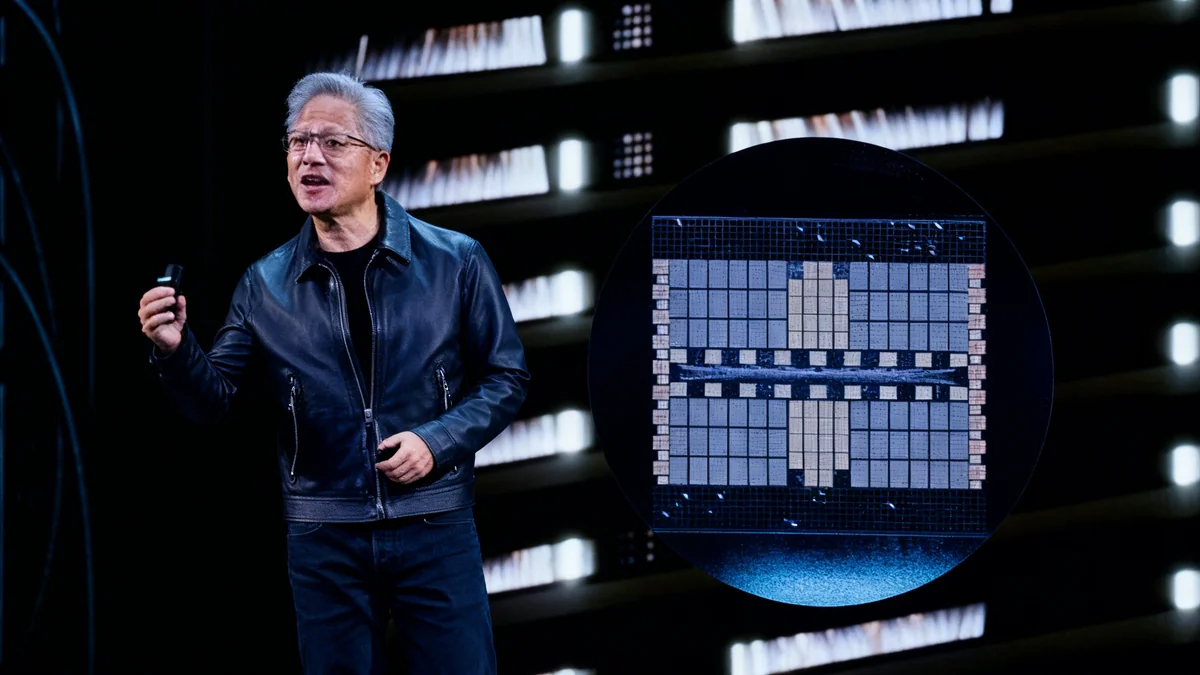Global consulting firm Accenture has reduced its workforce by more than 11,000 employees over a three-month period as part of a significant corporate restructuring centered on artificial intelligence. The company has allocated approximately $865 million to cover severance costs associated with the job cuts.
Key Takeaways
- Accenture's total employee count decreased by over 11,000 between May and August.
- The company is spending $865 million on severance payments as part of a restructuring plan.
- The staff reduction is a key component of a strategic shift towards AI services.
- Remaining employees will undergo training to develop skills in artificial intelligence.
Details of the Workforce Reduction
Accenture confirmed a significant reduction in its global staff, with its total headcount falling from approximately 791,000 to 779,000 between May and August of this year. This accounts for a decrease of more than 11,000 positions. The layoffs are part of a broader restructuring program that is expected to continue until November.
The financial impact of this program is substantial, with the company budgeting $865 million primarily for employee severance and related personnel costs. This move is intended to streamline operations and realign the company's resources with its new strategic priorities.
Workforce by the Numbers
- Jobs Cut: Over 11,000
- Timeframe: May to August
- Restructuring Cost: $865 million
- Previous Headcount: ~791,000
- Current Headcount: ~779,000
A Strategic Pivot to Artificial Intelligence
The workforce changes are directly linked to Accenture's decision to concentrate more heavily on the rapidly growing field of artificial intelligence. The company aims to position itself as a leader in AI consulting and implementation, a sector that has shown significant revenue potential.
In line with this strategy, Accenture plans to invest in training its remaining workforce on various AI platforms and technologies. The company's leadership views this upskilling initiative as essential for its future growth and ability to meet client demand for advanced AI solutions.
"Every new wave of technology has a time where you have to train and retool," stated CEO Julie Sweet. "Accenture’s core competency is to do that at scale."
However, the company has also indicated that not all roles will be suitable for retraining. Sweet noted that for some positions, reskilling was not considered a "viable path for the skills we need," leading to the current layoffs.
Financial Motivations and Market Performance
A primary driver for the restructuring is the goal to improve operating profit margins. According to reports in the Financial Times, Accenture is seeking to return its profit margin growth to its "historic" annual rate. The company has experienced a recent slowdown in demand for its short-term consulting projects, prompting a re-evaluation of its cost structure and service offerings.
AI as a Revenue Driver
Accenture's focus on AI is supported by strong financial performance in the sector. Over the past six months, the company has already generated $2.6 billion in revenue from its AI-related consulting work, demonstrating the high market demand for these specialized services.
This success has reinforced the company's decision to embed AI more deeply into its core operations and client services. The restructuring and associated layoffs are part of a calculated effort to capitalize on this momentum and reallocate resources toward high-growth areas.
The Broader Trend of AI in Business
Accenture's move reflects a wider industry trend where companies are increasingly turning to AI and automation to enhance efficiency and address economic pressures. Many organizations are integrating AI to streamline workflows, reduce operational costs, and gain a competitive edge.
However, experts caution that successful AI implementation requires more than just technology adoption. A comprehensive strategy is often necessary, involving significant investment in employee training, changes to corporate culture, and adjustments to existing business processes.
Studies have shown that firms that successfully integrate AI often do so by upskilling their workforce and making foundational changes to accommodate the new technology. The effectiveness of Accenture's AI-centric strategy and its impact on long-term performance will be closely watched by industry analysts in the coming months.





